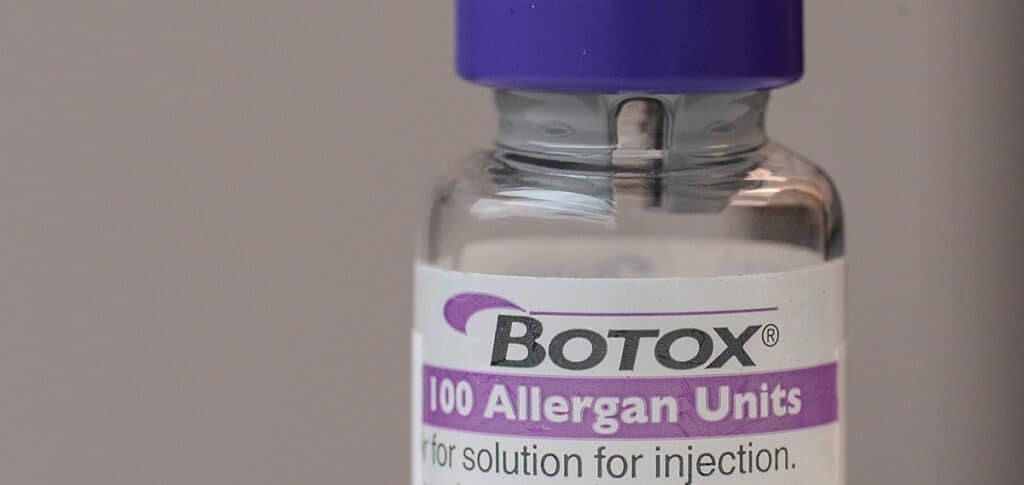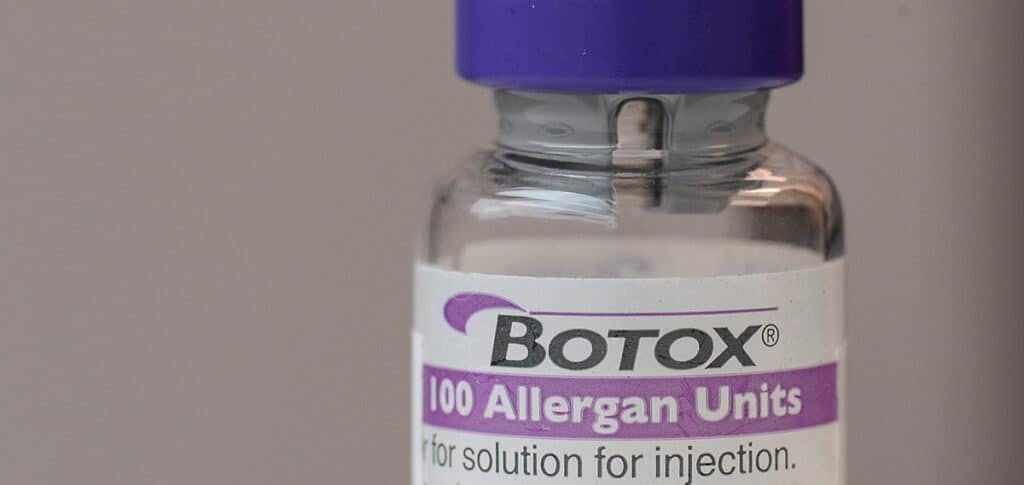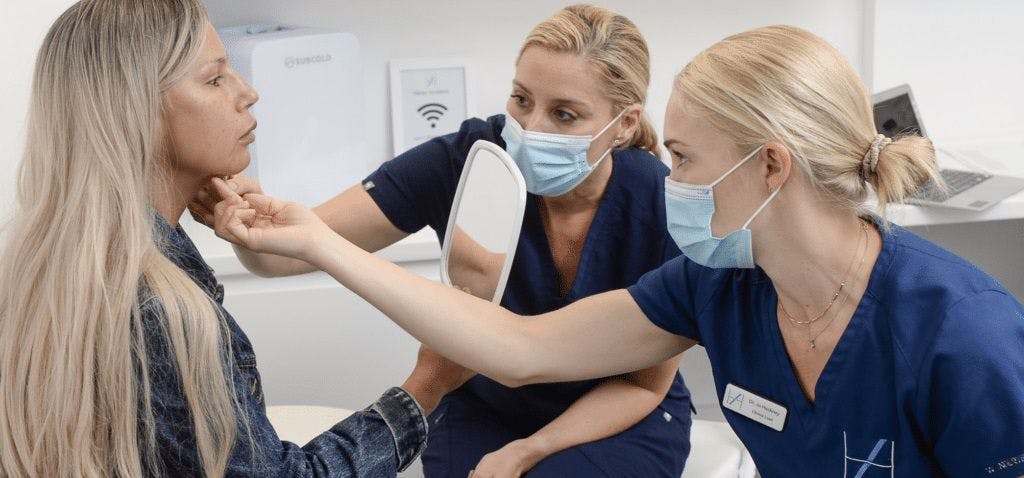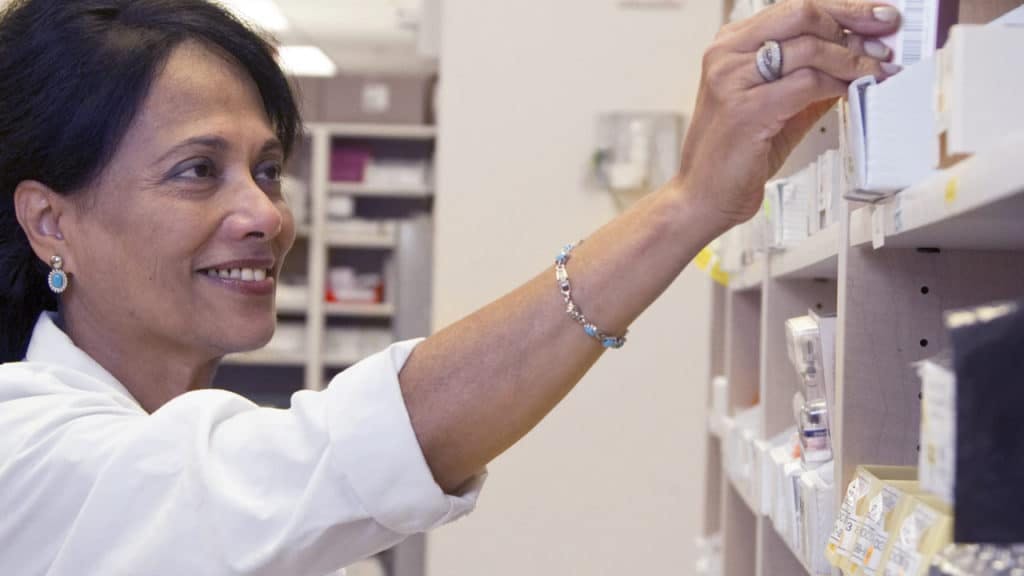Aesthetics Regulations: JCCP Prescribing Update

As you may be aware, 2022 is expected to be a big year for aesthetics regulations in the UK. Whilst many of the anticipated changes are understood to relate to who can practise aesthetic medicine, there are also prescribing issues that need to be addressed.
In a press release dated 8 June 2022, the JCCP states, “The recent aesthetic sector licencing amendment contained within the Health and Care Act (2022) and the enactment of the Botulinum Toxins and Cosmetic Fillers (Children) Act (2021) have caused prescribing in cosmetic procedures to come under close scrutiny. Discussions in both Houses of the Lords and Commons have been openly critical with regard to standards of prescribing for cosmetic procedures, presenting clear implications for professional and industry credibility and for patient safety”.
To this end, the Joint Council of Cosmetic Practitioners (JCCP) has released a statement clarifying its position on a number of aesthetics prescribing concerns.

REMOTE PRESCRIBING IS NEITHER PERMITTED NOR ENDORSED
The first issue to be tackled in the JCCP release is remote prescribing.
“In line with several Professional Statutory Regulators (the General Medical Council and the General Dental Council and in accordance with guidance set down by the Royal Pharmaceutical Society) the JCCP and the CPSA (The Cosmetic Practice Standards Authority) have set down their decision not to endorse or permit the remote prescribing of any prescription medicine when used for specifically for non-surgical cosmetic treatments,” reads the press release which has been posted to the JCCP website.
Currently the only prescription only medication (POM) used as a cosmetic treatment is botox. However, designating dermal fillers as POMs has been recommended for future aesthetics regulation consideration.
Whilst not treatments, medications frequently used by aesthetics practitioners are also POMs. These include hyaluronidase, injectable local anaesthetic and adrenaline.

Prescribers who delegate treatment must know their responsibilities
For cosmetic nurses who are not qualified to prescribe, working with a prescriber is an effective solution. To clarify how such relationships should work, the JCCP has set out reminders of delegating prescribers’ responsibilities.
These are that they...
Must always:
- Be “satisfied that the person to whom they delegate is both competent and proficient to administer the medication prior to agreeing to prescribe any prescription only medicine”
- “Carry out a physical examination of patients before prescribing injectable prescription only cosmetic medicines”
- “Retain an overarching and ongoing responsibility to the patient, including assessment of outcomes and intervention in and reporting of adverse incidents.”
- Be satisfied that it is safe to prescribe for this practitioner with regards to “safe administration, safe premises, safe storage of medicines/products etc”
- Remember that “if delegating to a non-registered practitioner, the legal and professional liability for the delegation of the use of the medicine remains with the prescriber.”
- Provide “a Patient Specific Direction (PSD)… and treatment given in accordance with it.”
- Accept “responsibility not only for oversight of the patient but also for the medicines they prescribe and for their subsequent use in accordance with expected professional practice and in accordance with appropriate legal parameters.”
- And must not “prescribe prescription only medicines by telephone, video link, online or at the request of others for patients whom they have not examined personally.”

GUIDANCE ON SUPPLYING PRESCRIPTION MEDICATION FOR AESTHETICS AND HOLDING STOCK
As noted above, any aesthetics prescriber who is prescribing prescription only medications for another injector must provide a PSD. This is a legal method of prescribing.
The JCCP says it would expect a PSD to include “at a minimum”, the:
– Name of patient and/or other individual patient identifiers
– Name, form and strength of medicine (generic or brand name where appropriate)
– Route of administration
– Dose (per facial area for complex treatments such as botulinum toxin)
– Date
– Signature of prescriber.
Holding stock is also covered, as the body explains, “Doctors and dentists are eligible to hold a stock (i.e. where the medicines have not been dispensed by a pharmacist) of prescription medicines and are required to also complete a PSD when administering injectable medicines from this stock.”
It continues, “In these circumstances the JCCP would remind such practitioners of their professional responsibilities when combining their roles of prescribing and dispensing. However, medical and dental practitioners are not permitted to provide advance stock of prescription medicines to other non-medical practitioners. The MHRA advises that the supply of medicines from stock is only permissible where the doctor/dentist delegates to a practitioner employed within the same employing organisation. The JCCP reminds doctors and dentists in these circumstances that they are accountable for the safe use and storage of these medicines.”
This position currently differs for aesthetics practitioners based in Scotland, which is covered in the full statement.

INSTANCES WHERE REPEAT PRESCRIBING REQUIRES FURTHER FACE-TO-FACE CONSULTATIONS
With regards to repeat prescribing for the same patient, the JCCP advises that a follow up face-to-face consultation is required whenever:
– “A new medicine is prescribed”
– “There is a change to the dose of a previously prescribed medication”
– “There is a change to the medical history of the patient”
– “There is an adverse incident”
– “More than 6 months have passed since the last consultation.”
PRINCIPLES OF ETHICAL AESTHETIC MEDICINE PRACTISE
When it comes to ethical practise, the JCCP advises that it “endorses the Nolan principles to be adopted as an ethical framework for safe and ethical cosmetic prescribing practice.”
These are:
– Selflessness
– Integrity
– Objectivity
– Accountability
– Openness
– Honesty
– Leadership.

CONSIDERING THE FUTURE OF AESTHETICS PRESCRIBING
The JCCP has clearly stated that it neither endorses nor permits remote prescribing of injectable, topical or oral prescription medication for non-surgical cosmetic treatments.
It does, however, wish to recognise “the important role that technology will play increasingly in the effective and efficient delivery of effective and productive prescribing.”
As such, the organisation notes it is “cognisant of the need to ensure that the JCCP and the Professional Statutory Healthcare Regulators work together (wherever possible) to make sure that our approaches to regulation do not become barriers to innovation.”
The full JCCP guidance can be found on their website. Following its review, the General Medical Council (GMC), General Dental Council (GDC) and the Royal Pharmaceutical Society have advised it’s consistent with their own guidance.
FURTHER INFORMATION ON BECOMING A COSMETIC NURSE PRESCRIBER
Although Harley Academy does not currently offer V300 prescribing courses, we do have a number of clinical trainers who have completed this. All did so after successfully gaining their Level 7 Diploma in Botox and Dermal Fillers.
Shantel Noble, aesthetics specialist cosmetic nurse prescriber and clinical trainer, completed her V300 most recently. We interviewed her in Spring 2022 about her experience and to get her advice on becoming an aesthetics prescriber. You can read all about it and watch her videos in the article Becoming a Prescriber in Aesthetics.
We maintain a close eye on all the progress being made in relation to UK aesthetics regulation. As part of our mandate to improve patient safety and standards within aesthetic medicine, we will publish further updates as they become available.
All information correct at the time of publication
Download our full prospectus
Browse all our injectables, dermal fillers and cosmetic dermatology courses in one document
By submitting this form, you agree to receive marketing about our products, events, promotions and exclusive content. Consent is not a condition of purchase, and no purchase is necessary. Message frequency varies. View our Privacy Policy and Terms & Conditions
Attend our FREE open evening
If you're not sure which course is right for you, let us help
Join us online or in-person at our free open evening to learn more
Our Partners














STAY INFORMED
Sign up to receive industry news, careers advice, special offers and information on Harley Academy courses and services

